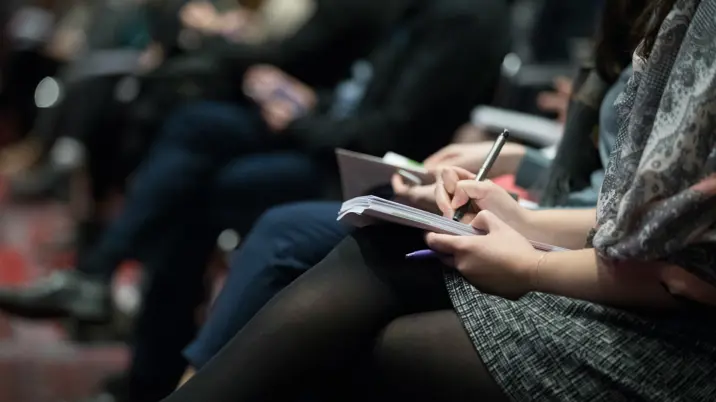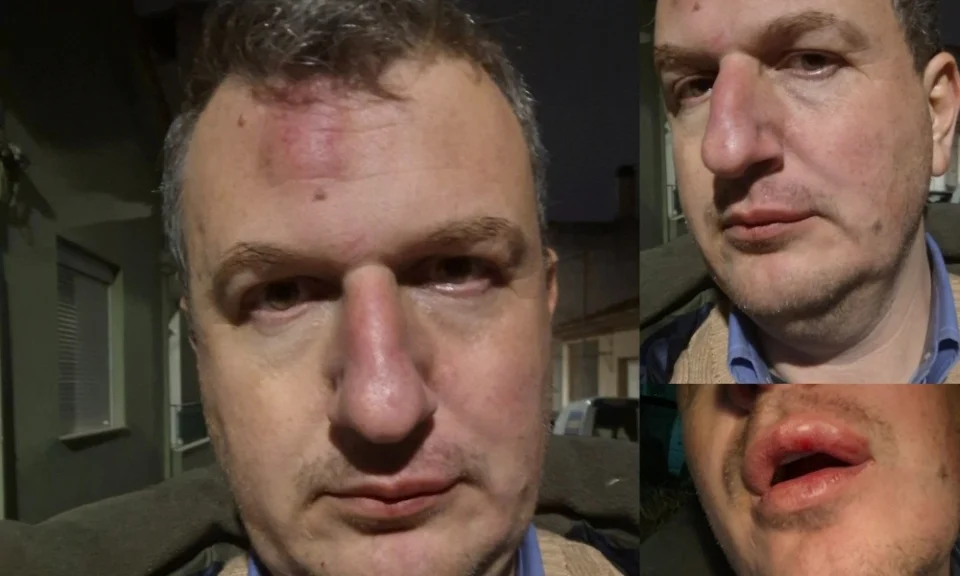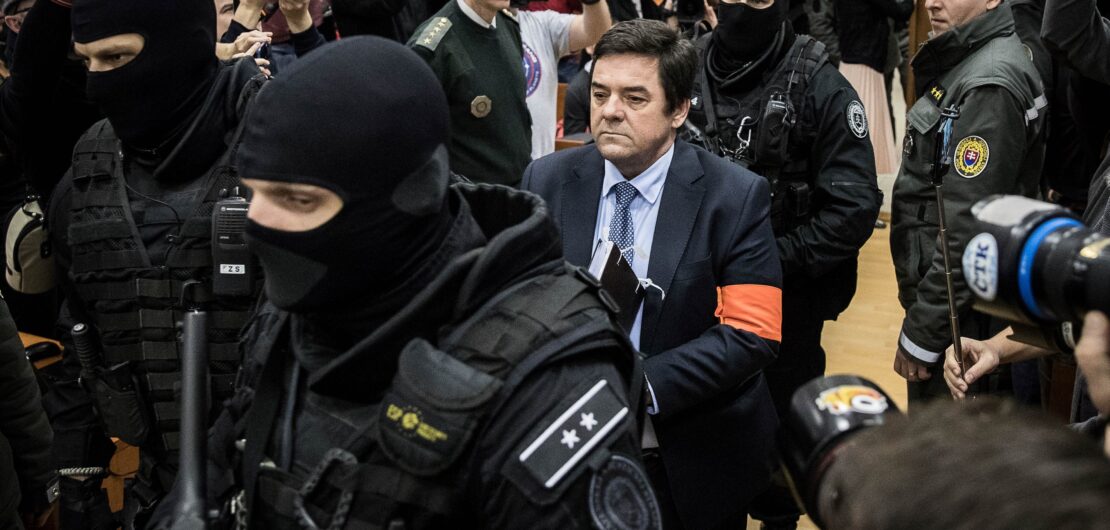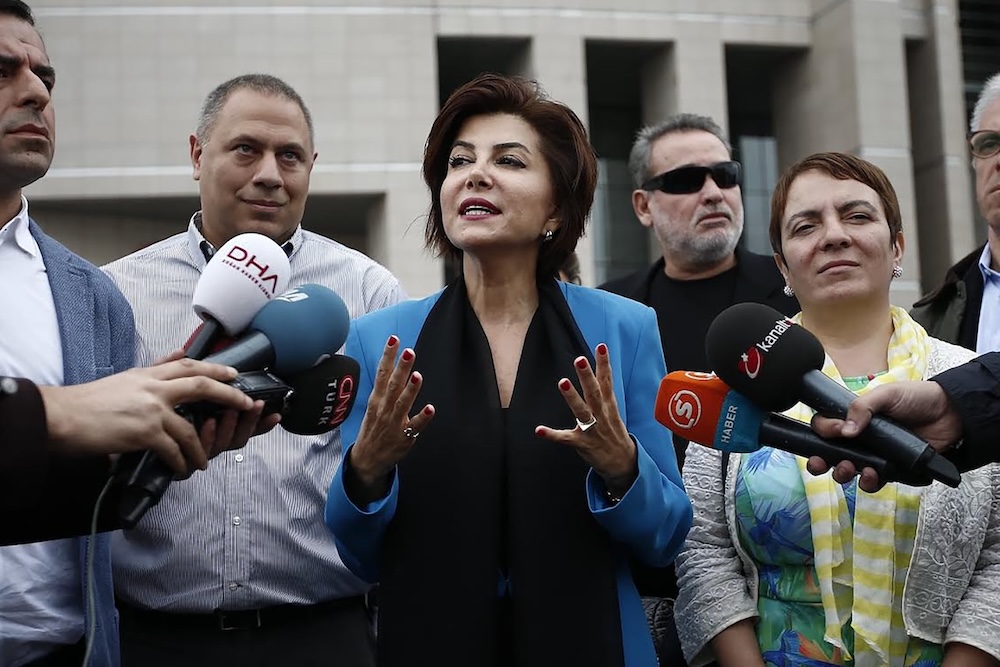
Journalist Sedef Kabaş Sentenced to 10 Months in Prison in Turkey
November 11, 2025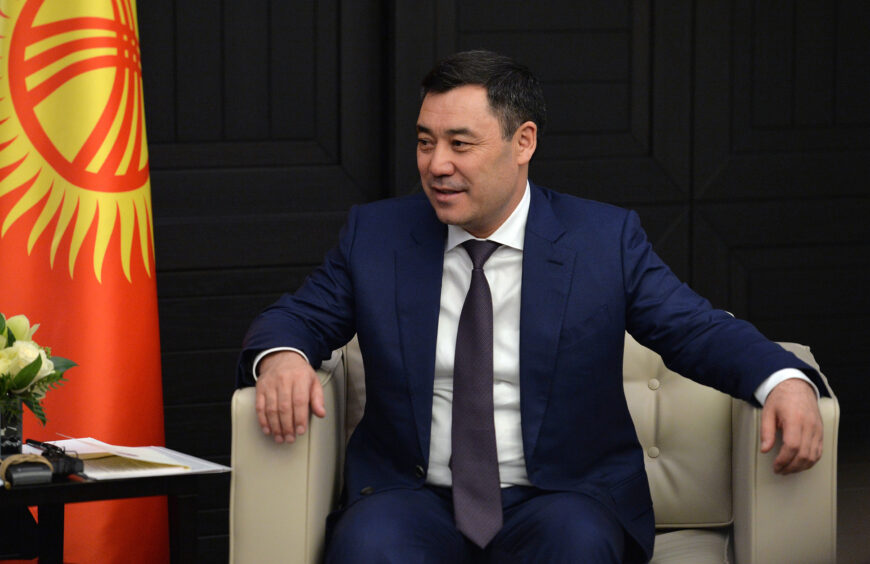
Escalation of Press Suppression in Kyrgyzstan Raises Alarm
November 11, 2025November 11, 2025 – Ireland –
The trade union National Union of Journalists (NUJ) has delivered a detailed submission to the Northern Ireland Affairs Committee in response to its call for evidence on policing and security in Northern Ireland. The union’s document highlights enduring threats to press freedom and the safety of journalists, particularly concerning covert surveillance practices.
In its submission, the NUJ urges the UK Government to enact legislation creating a dedicated Commissioner for Covert Law Enforcement in Northern Ireland, endowed with the authority to oversee covert policing techniques. It also calls for an independent inquiry into alleged surveillance of journalists, lawyers, and human-rights defenders by the Police Service of Northern Ireland, other police forces, and MI5. The union further demands a public inquiry into the unresolved 2001 murder of journalist Martin O’Hagan.
The submission builds on previous hearings held by the committee in February 2025, during which NUJ Assistant General Secretary Séamus Dooley, along with journalists Trevor Birney and Barry McCaffrey, testified about the PSNI’s use of covert surveillance. In those hearings, evidence emerged that the tribunal had already ruled that the surveillance of Birney and McCaffrey violated journalistic-source protections.
The NUJ highlights that trust in policing remains deeply damaged, in part because of revelations that MI5 admitted to unlawfully collecting data from a former BBC Northern Ireland home affairs correspondent. The union argues that unless thorough investigations occur and robust safeguards are implemented, the right of journalists to protect their sources and operate independently will remain at risk.
This submission signals mounting concern that, despite decades of peace-process developments, Northern Ireland’s press environment remains vulnerable to surveillance and intimidation. It underscores a broader issue: when journalists cannot safely carry out their work, the public’s right to know is undermined. The NUJ has called for transparent action to stop the unchecked use of covert powers and to ensure that the media can function without fear of punitive monitoring.
Reference –

